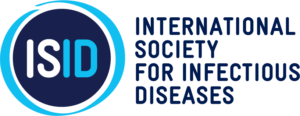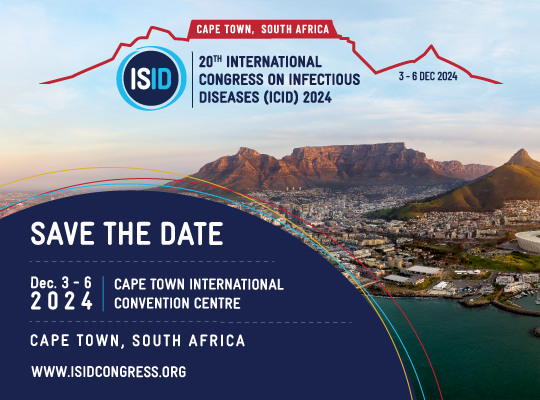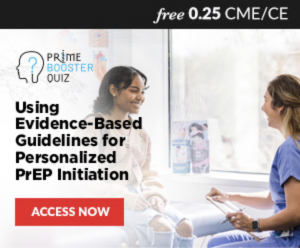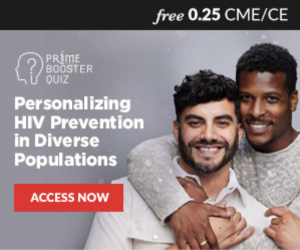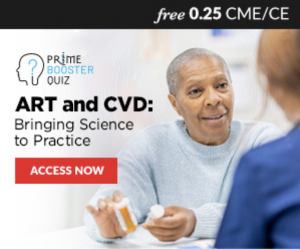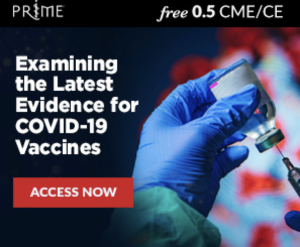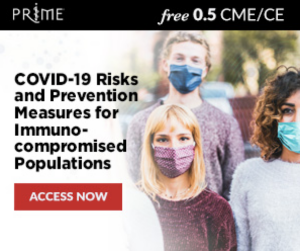EDUCATION
ISID's education programs seek to strengthen the specialty of Infectious Diseases globally, support the ongoing professional development of Infectious Disease practitioners, and improve clinical practice. We advance these goals through our meeting, the International Congress on Infectious Diseases (ICID), as well as our online learning platform, ISID's Knowledge Exchange.
International Congress on Infectious Diseases (ICID)
The leading international meeting on global infectious diseases, delivering a unique blend of basic science and clinical practice.
Meetings are held biennially in different regions of the world reflecting ISID’s recognition of the global burden of infectious diseases. As a result, the Congress is notable for the extraordinarily wide range of countries represented and the opportunities it affords for the close exchange of cutting-edge scientific knowledge and communication between colleagues from around the world.
Distinguished by innovative approaches to delivering evidence-based knowledge and a world-class scientific program presented by leading international experts who have first hand experience and knowledge of the conditions they discuss, the agenda ranges from regional disease priorities to global hot topics.
Knowledge Exchange
The Knowledge Exchange platform is an online resource that shares open-access educational modules, webinars, and interactive discussions. ISID’s online learning environment focuses on sharing evidence-based information for infectious disease management, control and prevention in resource-limited settings.
The content hosted on Knowledge Exchange serves as an enduring education resource for practitioners around the globe with a focus on low- and middle-income countries. The Knowledge Exchange shares critical infectious disease knowledge covering a range of global infectious disease priorities and provides content focused on career development and leadership skill-building.
PRIME Education in Partnership with ISID
PRIME is a healthcare education and research company advancing the science of learning and behavior change for 29 years.
Charting New Territory in RSV Vaccination: International Perspectives on Protecting Older Adults
Respiratory syncytial virus (RSV) is a significant health concern for aging adults and places a substantial burden on healthcare systems around the world. With the first-ever RSV vaccines now on the horizon, healthcare professionals are challenged to navigate this new prevention landscape in their own practices to best protect older adults in their care.
Engaging the Global Community in HIV Prevention Through People-Centered Care
The World Health Organization (WHO) has tasked the global community with a goal of ending the HIV epidemic by 2030. One way to help meet this objective is through decreasing HIV transmission using HIV prevention methods, such as pre-exposure prophylaxis (PrEP) medications.
Updates in Multidrug-Resistant HIV Treatment
The rapidly expanding treatment landscape for heavily treatment-experienced people with HIV presents new opportunities to improve patient care, while challenging providers to keep pace with new developments.
Expanding the Role of Long-Acting Injectable ART
The advent of long-acting injectable antiretrovirals presents new ways to support individuals with multidrug-resistant HIV, as well as those facing barriers to taking daily oral medications.
Using Evidence-Based Guidelines for Personalized PrEP Initiation
Prevention of HIV transmission using pre-exposure prophylaxis (PrEP) is a key component to ending the HIV epidemic. Recent updates in the clinical guidelines help guide clinicians' choices on medications based on patient-specific factors. Improve your knowledge and clinical acumen on PrEP initiation essentials with a bite-sized booster quiz designed for busy clinicians.
Personalizing HIV Prevention in Diverse Populations
Personalized HIV prevention using pre-exposure prophylaxis (PrEP) allows patients to remain in control of their healthcare. Choosing appropriate PrEP for diverse people based on patient-specific factors improves patient care on a community level by decreasing HIV transmission in a variety of populations. Improve your knowledge and clinical acumen on tailoring PrEP choice to the person in front of you with a bite-sized booster quiz designed with your busy day in mind!
ART and CVD: Bringing Science to Practice
People living with HIV (PWH) are living longer with advances in antiretroviral therapy (ART); therefore, clinicians are now in the position of managing HIV-associated comorbidities, such as cardiovascular disease (CVD), along with viral management. Test your knowledge on the application of new clinical evidence for managing patients' ART with new or pre-existing CVD in this bite-size interactive quiz!
Examining the Latest Evidence for COVID-19 Vaccines
Knowledge of COVID-19 vaccine efficacy against circulating variant strains is important, especially when caring for vulnerable populations. In this expert-led video, examine the latest evidence in selecting the appropriate COVID-19 vaccine schedule based on clinical efficacy and safety data along with specific patient-characteristics.
COVID-19 Risks and Prevention Measures for Immunocompromised Populations
Immunocompromised patients are at an increased risk for developing serious illness from COVID-19, and may require additional doses of the COVID-19 vaccine. In this video, COVID-19 vaccine experts review the data and share best strategies to best protect your most vulnerable patients.
International Meeting on Emerging Diseases and Surveillance (The Meeting)
Emerging diseases are now, more than ever, at the center of the world’s attention. The realization that new infectious diseases may be recognized at any time, in any place, has dramatically raised awareness of our need to understand emerging pathogens.
This meeting embodies the One Health model of emerging diseases, recognizing the commonality of human, environmental, and animal health, asking:
- What are the most important emerging diseases threats?
- What biological, ecological, social and other factors lead to their emergence?
- How can we quickly detect their occurrence in order to prepare and respond in timely and appropriate ways?
At this meeting, diverse and world-renowned colleagues come together biennially to present new knowledge and breakthroughs on how to discover, detect, understand, prevent, and respond to outbreaks of global emerging threats.
8th International Meeting on Emerging Diseases and Surveillance
